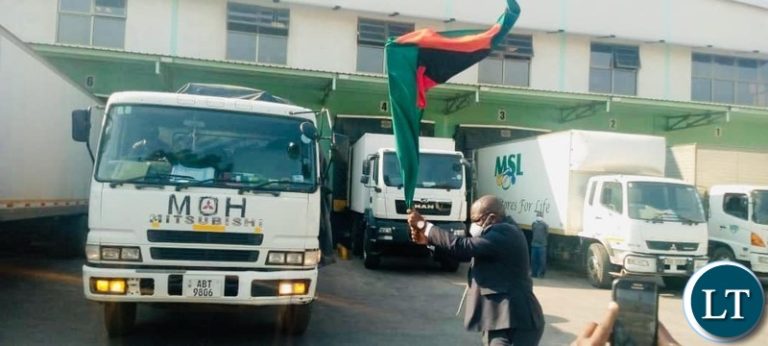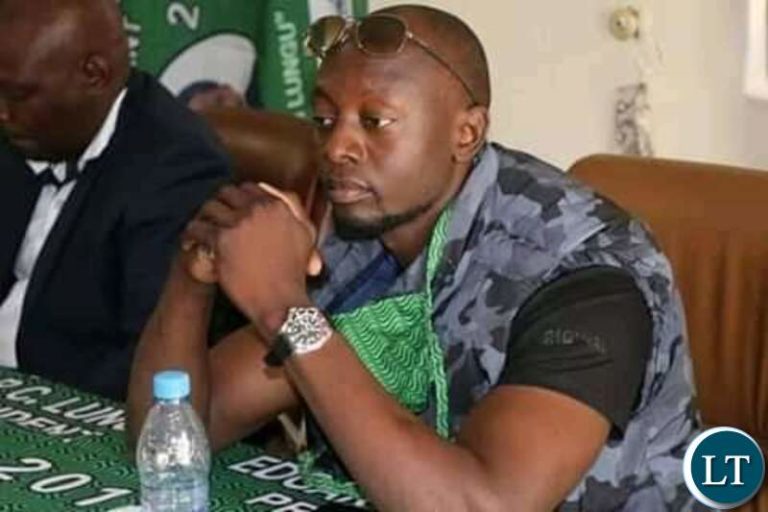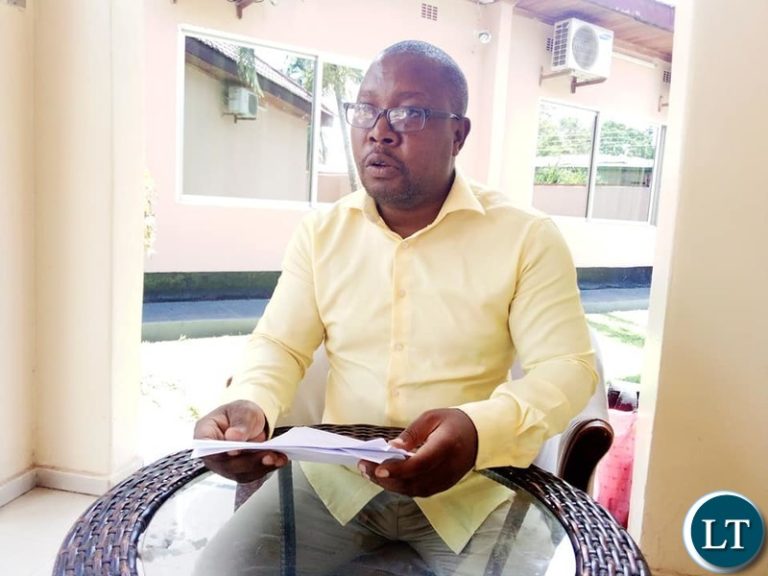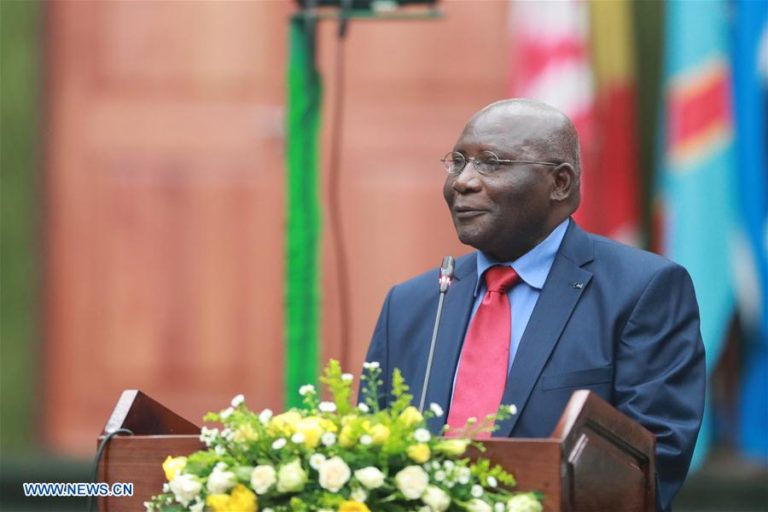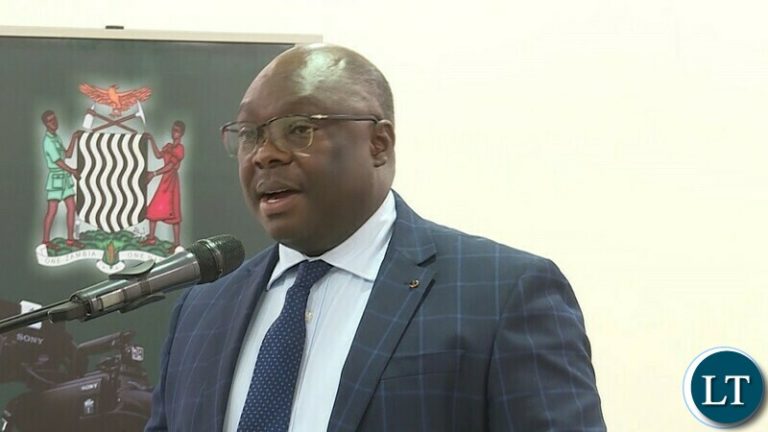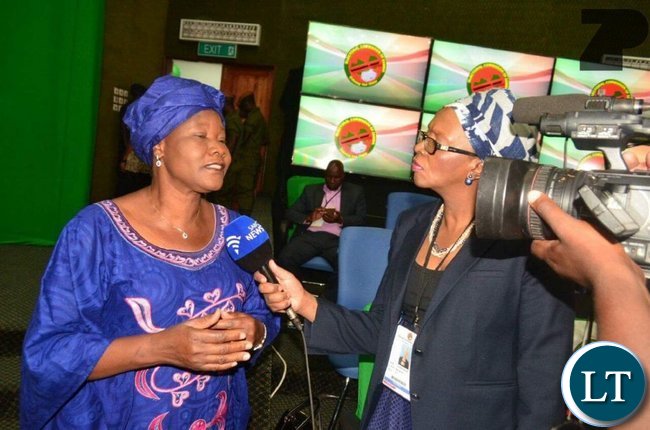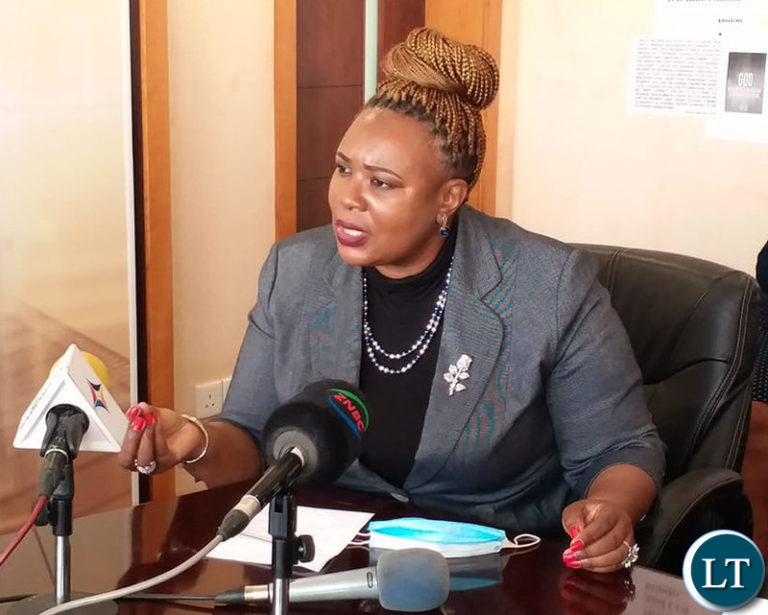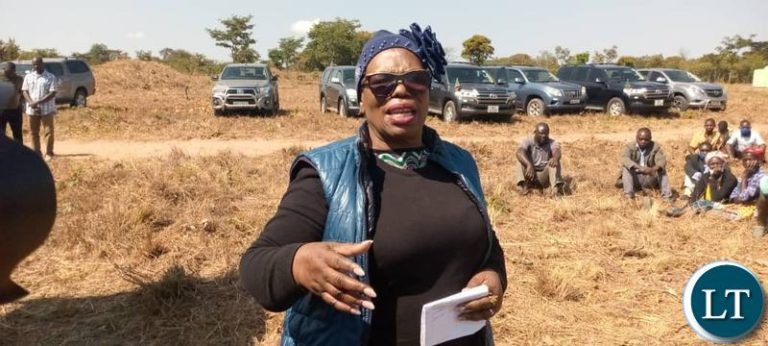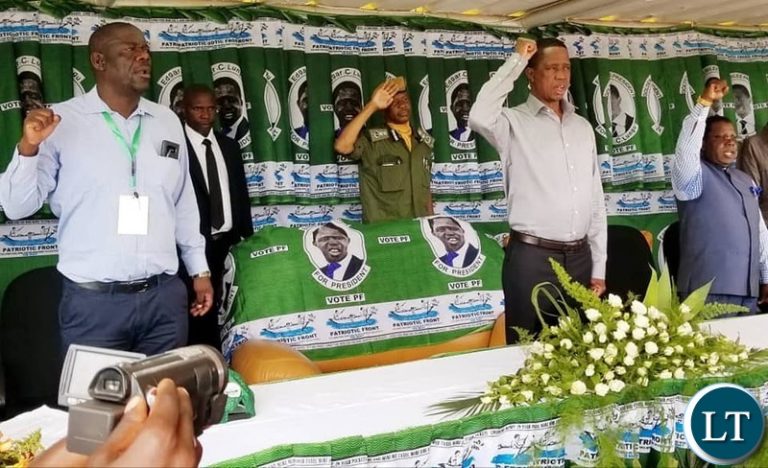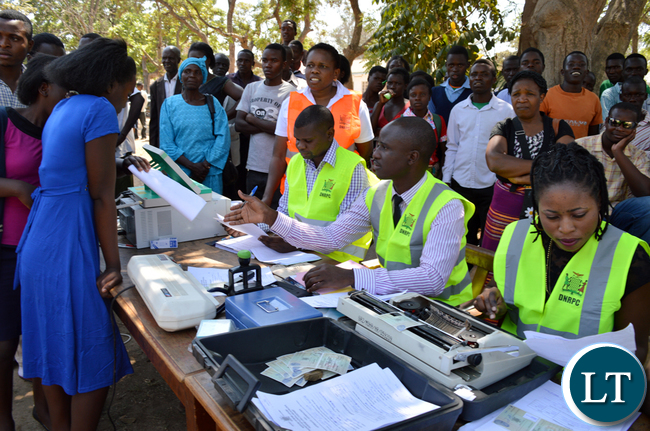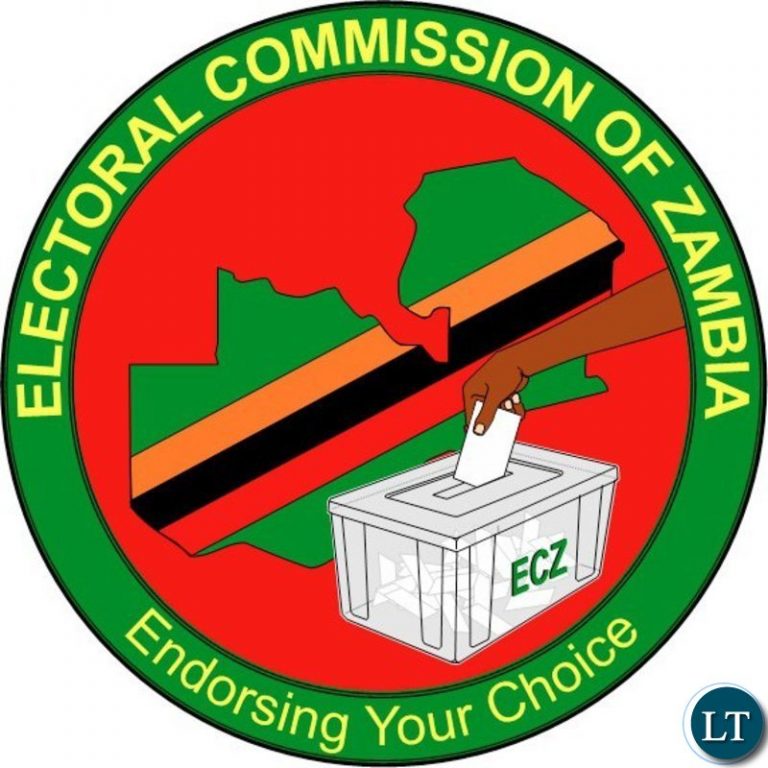By Parkie Mbozi
The Movement for Multiparty Democracy (MMD) celebrated its 30th Anniversary last month. Its rallying theme, Democracy Day, was spot on for a party that multitudes of Zambians rallied behind to fight the then almighty UNIP and its 27-year strangle-hold on power and democracy. Yet the party which celebrated this year’s anniversary is a mere shadow of itself and those holding on to it today are holding an empty shell, courtesy of greed for power.
The MMD resembles a long-distance bus that has been offloading its passengers and drivers at every station, until it ends up with a totally new driver and hardly any passengers. In this article I argue that the MMD’s fortunes were sacrificed by lust for power by Frederick Chiluba, its founding President, and a few others that followed. If (political engineer) Chiluba had not engineered a parentage clause to the constitution in 1996 and sought to change it again in 2001 to pave way for his third term bid, maybe, just maybe, the MMD would be in a better shape today.
The MMD was conceived on 20 July 1990 at the Garden Hotel meeting convened by Derrick Chitala, Akashambatwa Mbikusita-Lewanika and a few others. The gathering included various groups: academia, trade unions, Law Association of Zambia (LAZ), student bodies, civil society and disgruntled former UNIP leaders. The movement’s first task was to fight for the re-introduction of multiparty politics after 18 years of UNIP’s one-party rule.
The movement became a political party following the repeal in 1990 of Article 4 of the Republican Constitution to allow for the formation of parties other than UNIP. Growing opposition to UNIP’s monopoly on power, due in part to economic problems, led to the formation of the MMD. The liberal democratic wave that swept through Africa after the collapse of the USSR and communist regimes in eastern Europe spelled an end to several one-party states and military governments on the continent.
Prof Momba writes that, “More simply, however, it might seem that most people wanted a change after 27 years of UNIP government, and MMD leaders won public support by exploiting both this ‘voter fatigue’ and the global shift away from one-party systems.”
After registration on 4 January 1991, MMD’s focus shifted to ending UNIP’s 27-year rule. Multi-party general elections were held on 31 October 1991, which saw the MMD sweep to power in a massive landslide. Chiluba was elected president with 76% of the vote to Kaunda’s 24%, whilst the MMD won 125 of the 150 elected seats in the National Assembly. Thereafter MMD won four consecutive general elections – in 1996, 2001, 2006 and the Presidential by-election of 2008 – but miserably losing thereafter.
As a former governing party, MMD has some successes to celebrate its 30th Anniversary for. Apart from championing the return to multiparty democracy after 18 years of one-party state and bringing down the once almighty and dreaded UNIP from power, the MMD undertook transformative political and economic reforms that changed the country forever. The economic reforms transformed the country from a centrally planned to a market economy. This dramatic change entailed privatising the close-to-80% share of public economic activity and liberalising prices for most commodities. It resulted in a remarkable economic growth for the first half of the1990s and around 2001 – 2006.
The World Bank reported that Zambia’s economic performance improved significantly and in 2001 GDP grew by 5.2 percent, thanks to new mining investments. Positive results were also experienced in the transport sector. To give a simple example, bus transport was so scarce that as UNZA students during peak hours we would have go to Chelstone first and then back to town or town first then Chelstone to secure a seat. Shelves in state retail shops – Mwaiseni, ZCBC and others – were virtually empty. In restaurants you would be required to buy ‘kakudya’ (snack) to be served with a soft drink. The list of examples is long.
Despite the relative remarkable successes in economic and political reforms, cracks began to emerge in the MMD once Chiluba’s stranglehold on power and his long-term goal of a third term began to manifest. By the end of Chiluba’s first five-year term as president, analysts argue that the MMD’s commitment to political reform had faded in the face of re-election demands and several prominent members left to establish other parties. The first breach began early in 1992 when some MMD members formed a pressure group called the ‘caucus for national unity’. They were aggrieved by Chiluba’s cabinet appointments and allegations of corruption. The group later culminated in the National Democratic Party (NDP), consisting of former ministers and deputies, notably founder member Mbikusita-Lewanika, Humphrey Mulemba and Arthur Wina, who had been the interim chairman of the MMD before he lost the party presidency at the 1991 convention.
The in-fighting in the party continued during 1994, when conflicts over alleged corruption and drug trafficking led to the sacking of a deputy minister and the resignation of two cabinet ministers and the deputy speaker of the National Assembly. First Vice-President Mwanawasa (who was also MMD vice-president) resigned his position and alleged rampant corruption in government.
The third split was in 1996, just before the general elections. The dismissal of the MMD’s deputy national secretary Derrick Chitala and deputy treasurer Dean Mungomba led to the formation of the Zambia Democratic Congress (ZADECO). In the light of a UNIP boycott of the 1996 elections, ZADECO president Dean Mung’omba became the main challenger to Chiluba, which also featured many independent candidates. Mung’omba and Princess Nakatindi Wina were arrested soon after the 1996 elections over unfounded charges of treason, which the courts dismissed. Analysts say this was part of Chiluba’s scheme to purge his challengers akin to the ‘Black Mamba’ allegations against UNIP members, which turned out to be a hoax.
Relying on the MMD’s overwhelming majority in parliament, in May 1996 Chiluba pushed through controversial constitutional amendments, in particular the parentage clause, that effectively eliminated former President Kaunda from the 1996 general elections. As a result, UNIP boycotted the elections, allowing Chiluba to be easily re-elected with 73% of the vote. The constitutional amendment occasioned the resignation of prominent founder members of foreign decent, in particular Dipak Patel, Simon Zukas and Guy Scott. It also resulted in two other relatively important MMD splinter political parties, the National Lima Party (NLP) and the Zambia Liberal Party, both formed by former ministers. The NLP was formed by Guy Scott, a former minister of agriculture and Ben Kapita, a former president of the Zambia National Farmers Union. It participated in the 1996 parliamentary, but not the presidential, election. Also emerging out of the MMD was the United Party for National Development (UPND), established in 1998. Although it included members not closely associated with the MMD, its founder, the late Anderson Mazoka, left MMD after Chiluba blocked him from contesting a treasurer post at constituency level. In March 1998 Ronald Penza, an award-wining Finance Minister, was dismissed by Chiluba due to political differences.
The most significant split in the MMD came about in 2001, a few months before the general election, when Chiluba and his close supporters attempted to change the constitution to permit him to contest the presidency for a third time. Twenty-two MMD parliamentarians, including Zambia’s vice-president Christon Tembo and five cabinet ministers, openly took issue with him and were subsequently expelled from the party. Together they formed the Forum for Democracy and Development (FDD). FDD came third in the 2001 elections, which is believed to have been won by, but stolen from, the UPND. Another splinter – Heritage Party – led by General Godfrey Miyanda, another former vice President, emerged and also participated in the 2001 elections, coming fourth.
Next, Michael Sata, who had been championing Chiluba’s third term campaign as Secretary General, ditched MMD at the last hour when Chiluba did not appoint him in preference for Levy Mwanawasa as his successor and candidate for the 2001 elections. Sata decided to contest the 2001 elections under his new party, the Patriotic Front, wining one parliamentary seat. The PF became a major factor in the run-up to the 2006 election when several MMD leaders from Northern and Luapula Provinces, defected to it. They included those charged with corruption, together with Chiluba himself, and who felt that the MMD and Mwanawasa had betrayed them.
The MMD boat could be said to have relatively stabilized under Mwanawasa. It coopted the likes of Nervous Mumba and his National Christian Coalition (NCC), and Mumba was appointed Republican Veep (2003/04). Why he was fired is a discussion for another day, under the heading ‘Pros and cons of the running mate clause’. Splits in the MMD resurfaced after losing power to the PF in 2011. During the 2015 presidential by-election, former president Rupiah Banda was embroiled in a power struggle with newly elected party president Mumba over who should stand on the MMD ticket. It ended with a court ruling that favoured Mumba. This heralded another split in the MMD between Banda and Mumba supporters during the 2015 by-election and 2016 general elections, with Banda’s supporters forming a coalition with the PF and some of the MMD members headed to the UPND.
The final bleach was between Felix Mutati, from the Banda group, and Mumba over the leadership of the MMD. The matter was only resolved by the courts this year in Mumba’s favour. Analysts cite a number of factors for the tensions that led to MMD’s splits. It is widely believed that Chiluba’s third term bid was the most important factor to the weakening of the MMD to the point where it almost lost the 2001 elections. Accusations of corruption and ethnic or tribal conflict also played a part in reducing the MMD’s geographical base.
So whereas in 1991 and 1996 the MMD enjoyed countrywide support with 75% and 73% of the presidential vote respectively, it plummeted to 29% in 2001 before picking up again to 43.3% in 2006, 40% in 2008 and 34.5% in 2011. MMD’s freefall continued in 2015 and 2016 during which its candidate Mumba got less than 1% of the vote during both elections.
As things stand, MMD is perfect fit for an empty shell. Other parties better learn from its experience.
The author is a media, governance and health communication researcher and scholar with the Institute of Economic and Social Research, University of Zambia. He is reachable on pmbozi5ATyahooDOTcom.


